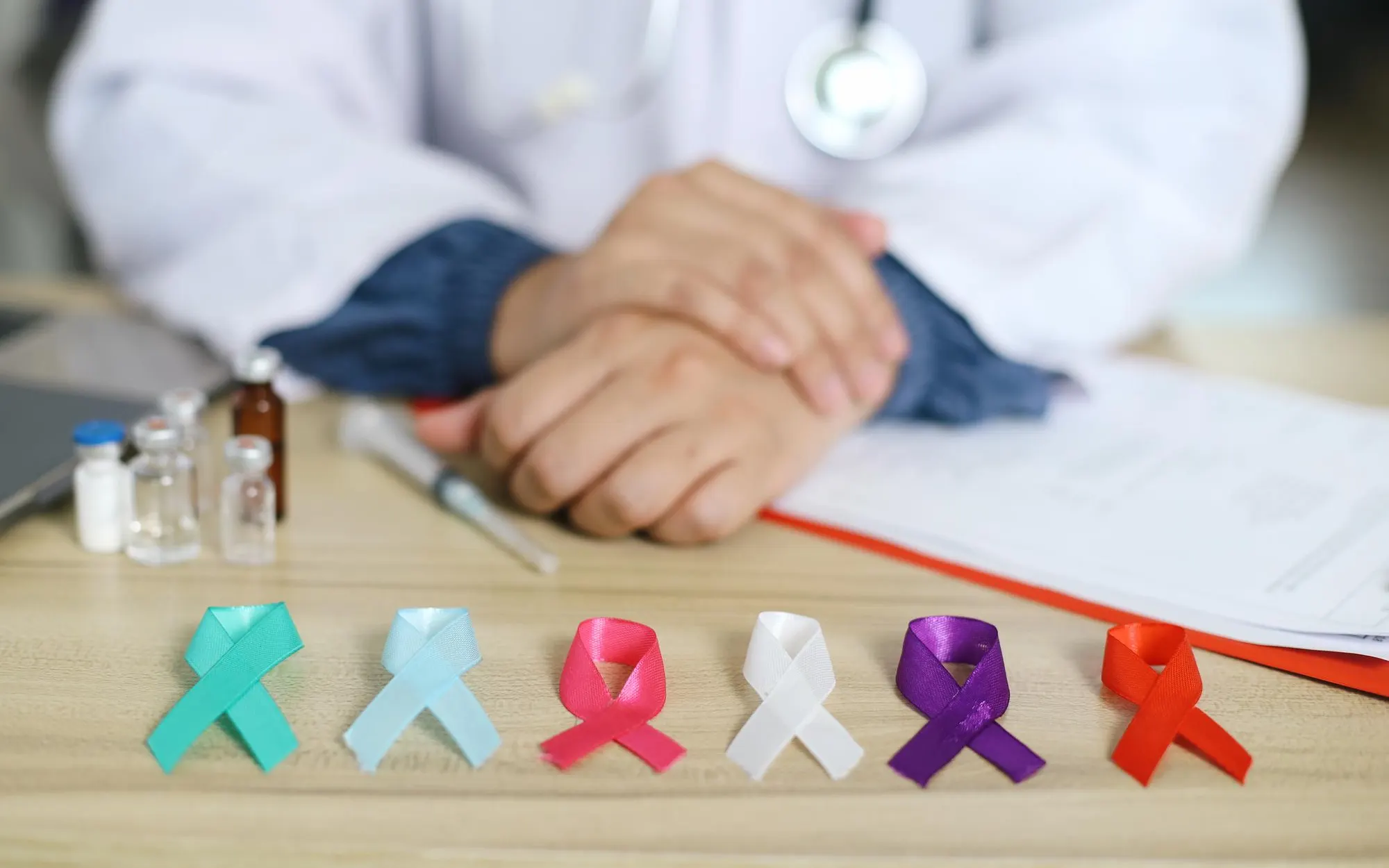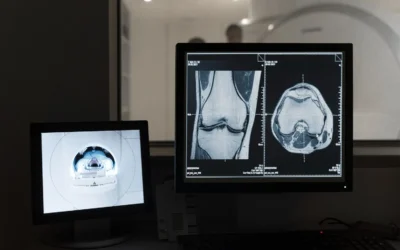Cancer, long considered a disease primarily affecting older adults, is increasingly striking individuals under 50. The phenomenon of early-onset cancer is an alarming trend that has confounded researchers and healthcare professionals worldwide. From colorectal and pancreatic cancers to breast and stomach malignancies, the incidence of these diseases among younger populations has surged in recent decades. According to global studies, diagnoses of early-onset cancers have risen by nearly 80% since 1990, with mortality rates also climbing.
This unexpected rise presents urgent questions: What is fueling the increase in cancer among younger adults? Are environmental, dietary, or genetic factors at play? And how is the medical community adapting to address this growing public health challenge? This article explores the complexities of early-onset cancer, examines potential causes, and discusses the critical need for improved detection and treatment strategies.
Table of Contents
A Troubling Trend: Understanding the Data
The rise in early-onset cancers is not confined to a single region or demographic. A 2023 study published in BMJ Oncology analyzed cancer trends across 204 countries, revealing a 79% increase in diagnoses among individuals under 50 between 1990 and 2019. Deaths from these cancers have also climbed by 28%.
In the United States, colorectal cancer has emerged as a particularly concerning form of early-onset cancer. The American Cancer Society (ACS) reports that diagnoses of colorectal cancer among adults under 55 have nearly doubled since the mid-1990s. Similarly, cases of breast cancer, pancreatic cancer, and gastric cancer are all increasing in younger populations.
While improved diagnostic methods and heightened awareness may explain part of this rise, experts believe that fundamental changes in lifestyle, diet, and environmental exposures are contributing to a real and concerning increase in cancer risk among young adults.
Possible Causes: Unraveling the Mystery
The Role of Diet and Obesity
Modern diets rich in ultra-processed foods, red meats, and added sugars are under growing scrutiny. Studies suggest that high consumption of these foods may contribute to chronic inflammation, insulin resistance, and gut microbiome alterations—factors that are strongly linked to cancer development.
Obesity, which has reached epidemic levels in many countries, is also a significant risk factor. Excess body weight is associated with at least 13 types of cancer, and the increasing prevalence of obesity in younger generations may be driving higher cancer rates.
Environmental and Lifestyle Factors
Beyond diet, exposure to environmental pollutants, endocrine-disrupting chemicals (EDCs), and microplastics has raised red flags among researchers. Chemicals found in personal care products, food packaging, and air pollution are suspected of interfering with hormonal regulation and potentially increasing cancer susceptibility.
Additionally, disruptions to circadian rhythms—caused by factors like excessive screen time, shift work, and chronic stress—have been linked to a higher cancer risk. Sleep deprivation and irregular sleep patterns can impair immune function and promote cellular damage, creating conditions conducive to tumor growth.
The Gut Microbiome Connection
Emerging research points to changes in gut microbiota as a possible contributor to early-onset cancers, particularly colorectal cancer. Overuse of antibiotics, poor dietary habits, and lack of fiber may be altering the gut environment, leading to increased inflammation and carcinogenic processes.
A 2022 study published in Nature Medicine found that younger colorectal cancer patients exhibited distinct gut microbiome compositions compared to older patients, with a higher prevalence of bacteria known to promote tumorigenesis. This raises critical questions about how lifestyle and environmental changes over the past few decades have influenced gut health and, by extension, cancer risk.
The Role of Prenatal and Early-Life Exposures
Some researchers believe that cancer risk may begin in the womb. Fetal exposure to carcinogens, such as air pollution, tobacco smoke, or industrial chemicals, may predispose individuals to cancer later in life. Additionally, trends like increased Cesarean sections, decreased breastfeeding rates, and early antibiotic exposure may be affecting immune system development in ways that contribute to cancer susceptibility.
The Medical Community’s Response: Challenges in Detection and Treatment
Delayed Diagnosis and Misconceptions
One of the greatest challenges in addressing early-onset cancer is the delay in diagnosis. Many younger patients experience significant symptoms but are initially misdiagnosed due to their age. Physicians may not immediately suspect cancer in a healthy 35-year-old, leading to critical delays in treatment.
For example, colorectal cancer symptoms—such as persistent changes in bowel habits or rectal bleeding—are often attributed to benign conditions like hemorrhoids or irritable bowel syndrome (IBS) in younger adults. By the time the correct diagnosis is made, the cancer may have progressed to a more advanced stage.
The Need for Updated Screening Guidelines
Current cancer screening guidelines are primarily designed for older populations. While organizations like the U.S. Preventive Services Task Force (USPSTF) recently lowered the recommended age for colorectal cancer screening from 50 to 45, many younger adults still fall outside screening recommendations despite increasing risk.
Experts are calling for more personalized screening approaches that consider risk factors beyond age, including family history, lifestyle factors, and genetic predispositions. Advances in liquid biopsy technology—such as multi-cancer early detection (MCED) tests—may soon offer more accessible screening options for younger individuals at risk.
Treatment Complexities in Younger Patients
Treating cancer in younger adults presents unique medical and psychological challenges. Standard treatments such as chemotherapy and radiation can have long-term effects on fertility, cardiovascular health, and cognitive function—critical concerns for individuals with decades of life ahead of them.
Additionally, younger patients often experience financial burdens due to medical costs, as well as disruptions to their careers and family planning. Addressing these challenges requires a holistic approach that includes fertility preservation options, psychological support, and long-term survivorship care.
The Path Forward: Prevention, Awareness, and Research
The Importance of Lifestyle Modifications
While not all cancers are preventable, adopting healthy lifestyle habits can significantly reduce risk. Maintaining a balanced diet rich in whole foods, engaging in regular physical activity, and minimizing exposure to known carcinogens can help lower cancer susceptibility.
Raising Awareness Among Healthcare Providers and the Public
Medical professionals need to be more vigilant about cancer symptoms in younger patients. Greater awareness campaigns, similar to those for breast cancer, could help ensure earlier detection of other rising cancers like colorectal and pancreatic malignancies.
Investing in Research and Precision Medicine
Ongoing research is crucial to understanding why cancer is increasingly affecting younger generations. More funding is needed to study genetic, environmental, and microbiome-related factors contributing to this trend. Additionally, advances in precision medicine—targeted therapies based on an individual’s genetic profile—offer hope for more effective, less toxic treatment options in the future.
Conclusion
The surge in early-onset cancer represents one of the most pressing challenges in modern oncology. While the exact causes remain elusive, the medical community is making strides in understanding the interplay of diet, environment, genetics, and microbiome health in cancer development. However, more urgent action is needed—from improved screening protocols to greater investment in targeted therapies—to address this growing health crisis.
As researchers continue their investigations, young adults must remain vigilant about their health, advocating for early screenings and being proactive in addressing concerning symptoms. The medical community, in turn, must adapt swiftly to ensure that younger patients receive timely diagnoses and cutting-edge treatments.





0 Comments